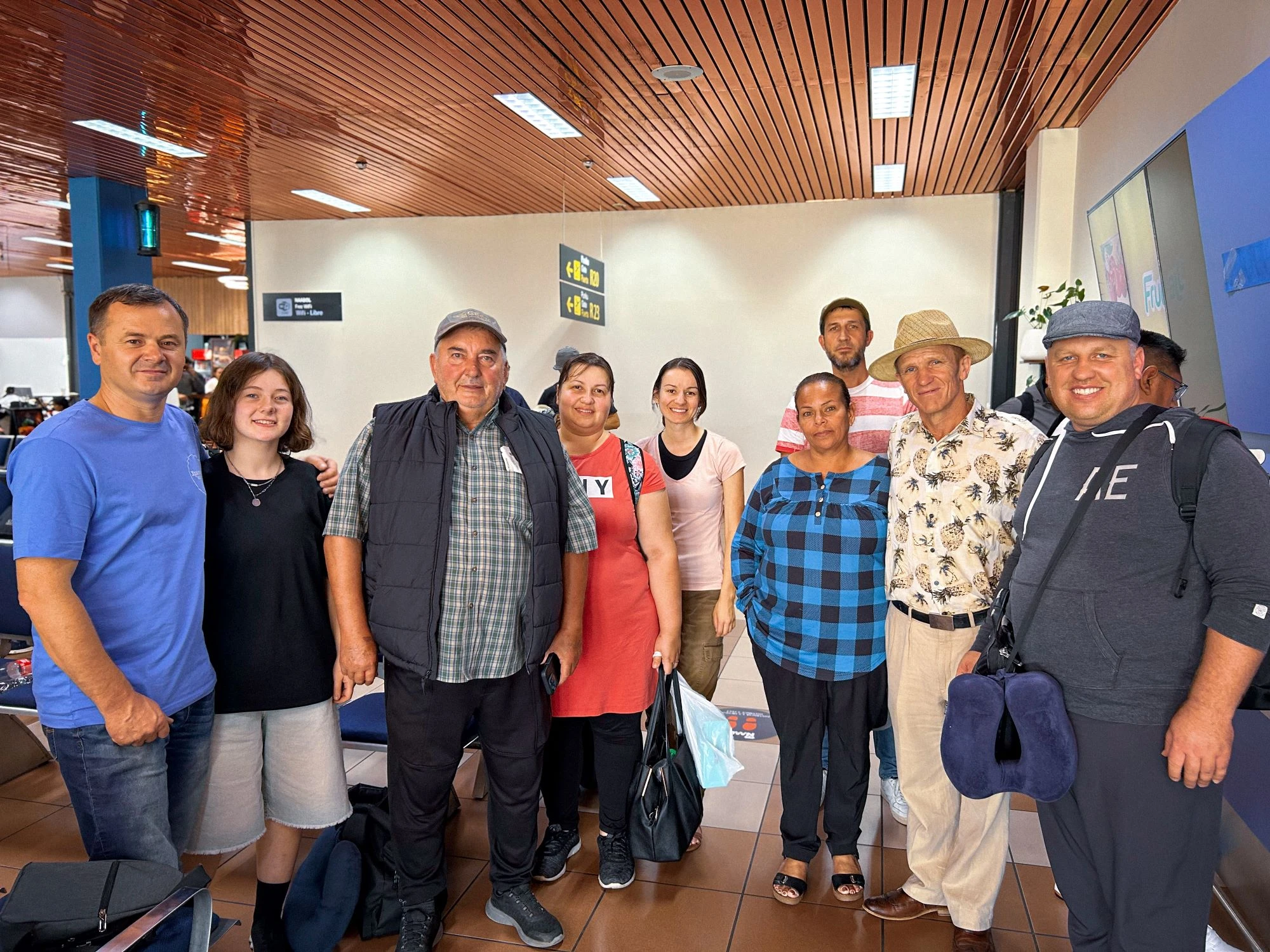Bolivia: How Missionaries Visited the Jungle
25 November 2024
Quechua, Aymara, Chiquito, Itonama, Bororo, Guarani, Moho and Movima, Tacana, Chimane, Yuracaré…
What are these? You might ask. These are the names of tribes, descendants of Native Americans living in the jungles of Bolivia, a country in South America.
Some members of these tribes have been partially converted to Christianity. However, there are still those among them who have never heard of Christ and continue to follow traditional local beliefs.
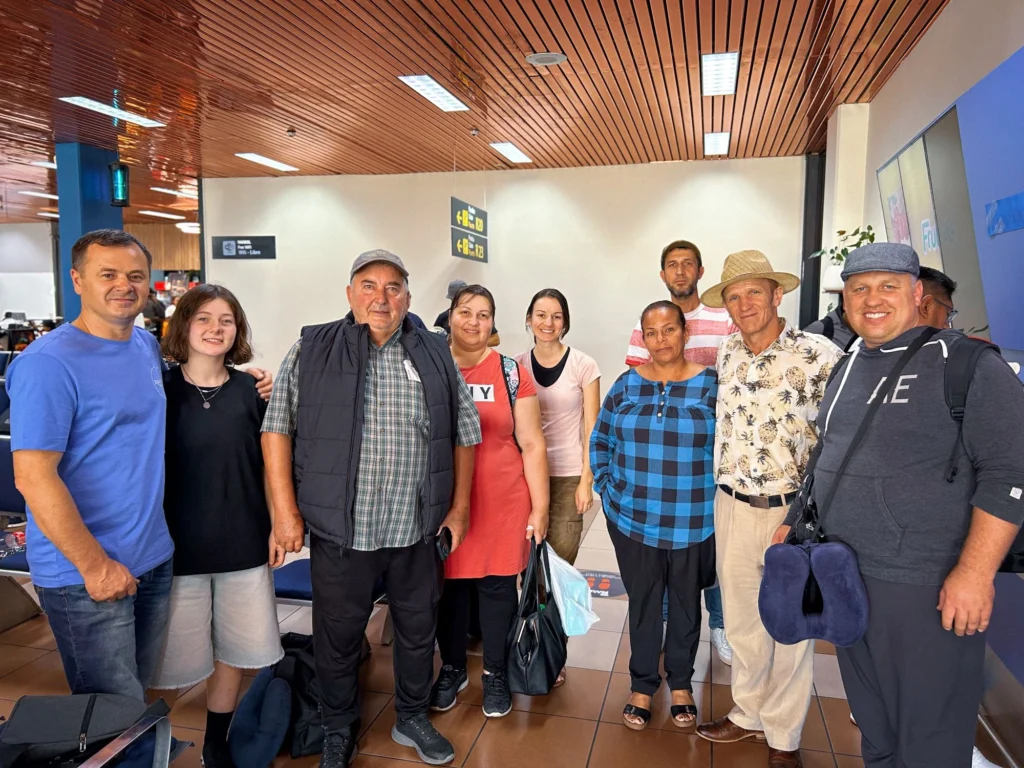
In a September trip, missionary and director Taras Sen, together with a local ministry team, visited two tribes.
In the heart of the jungle, where jaguars roam alongside humans, spider venom kills animals, and until recently, people drank water from dirty rivers, missionaries preached the Gospel. Here, under your shirt, you might even find a scorpion…
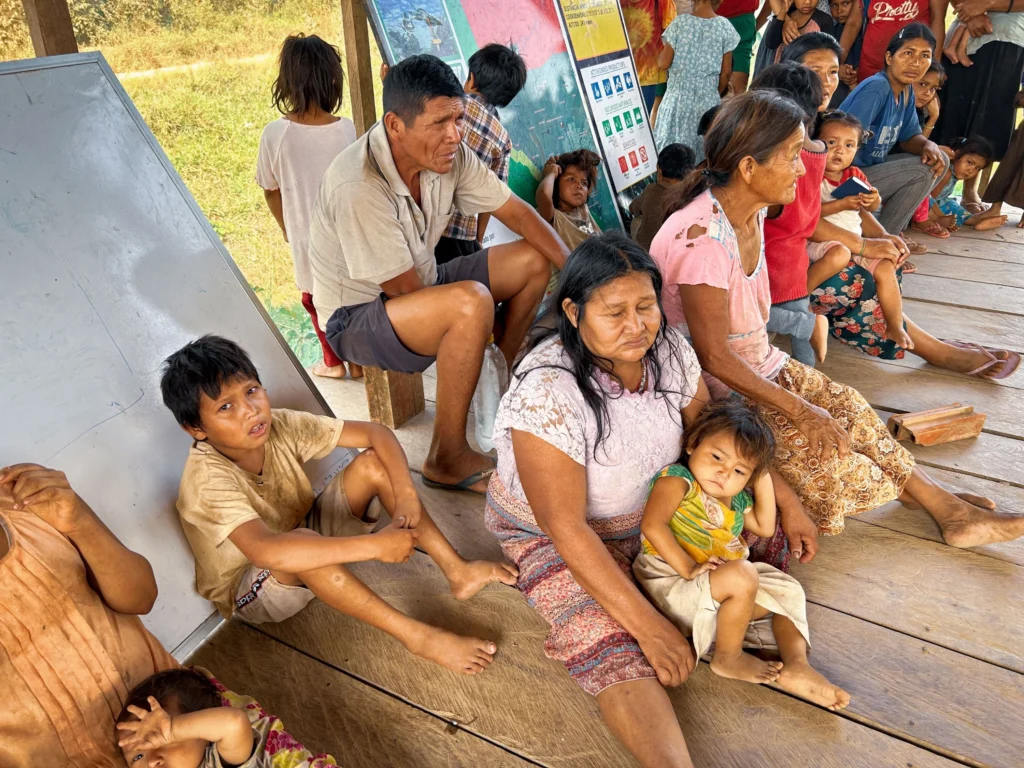
The Chimane tribe received Christian newspapers in Spanish and eyeglasses from the Christ Is the Answer international ministry.
“These people live in remote areas 30–40 kilometers from the nearest town. Reaching them is challenging: the roads are sandy, and the weather is hot. Just a few years ago, American missionaries drilled a well for the tribe because they were drinking water from a dirty river. But many from this tribe have repented and accepted Christ,” shared Taras Sen.
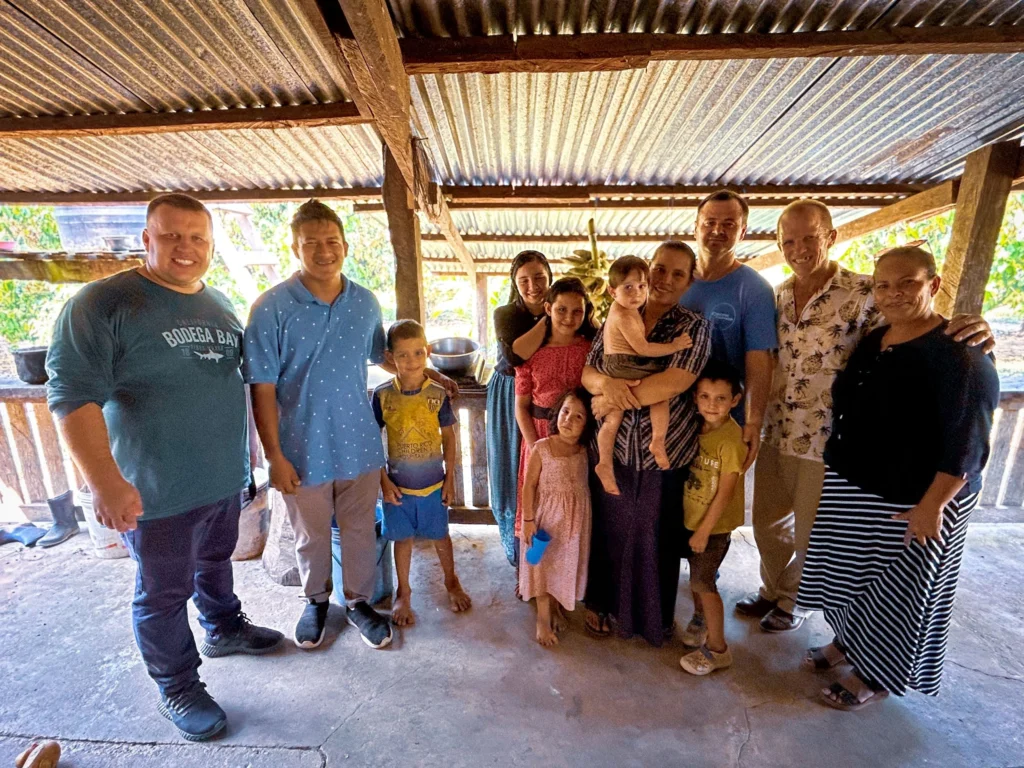
Another tribe, much like the Chimane, lives in the jungle under extreme poverty. Lacking basic living conditions, they are open to the Word of God. Through the preaching of the Gospel, many turned to the Lord.
“We prayed for them and brought calendars and newspapers in Spanish to draw them closer to God,” noted missionary Sen.
There are over 100 tribes in the Bolivian jungle, living in isolation and considered unreached by the Gospel. Among them are tribes so dangerous that entering their territory could mean not returning alive—they may kill intruders. Some tribes in South America are still known to practice cannibalism.
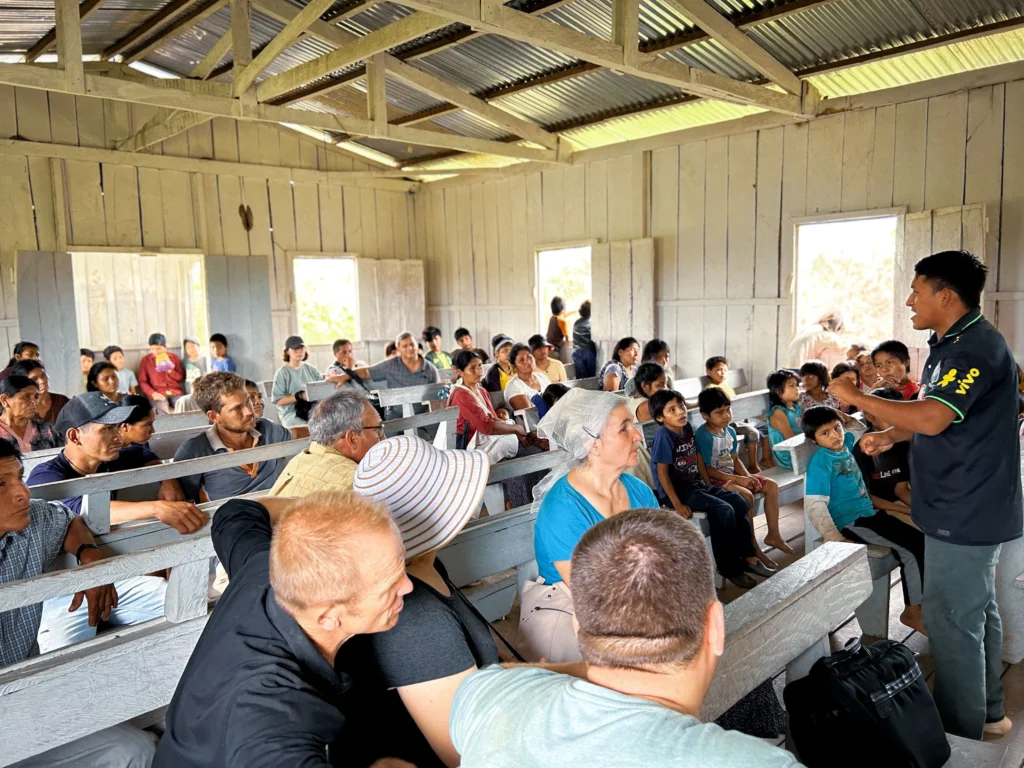
As part of the trip, Ukrainian missionaries met with local Christians, including Slavs and American missionaries. They also organized their first charitable eye clinic, during which about 20 people came to Christ. Additionally, they distributed Christ Is the Answer newspapers in Spanish.
According to the missionaries, Bolivians are sincere and open people who share what they have and know how to express gratitude. A woman who received eyeglasses as a gift from the clinic even gave a present in return to the missionary.
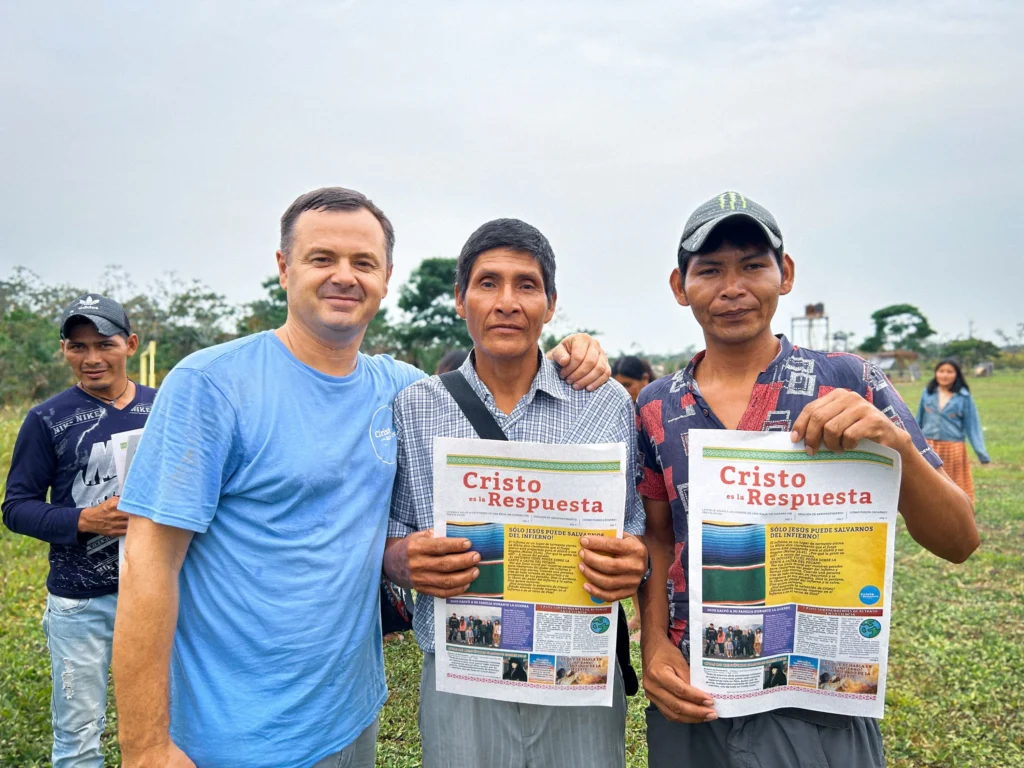
The ministers in Bolivia agreed to collaborate in spreading the Gospel using the tools of the CITA Ministry: calendars, newspapers, Spanish-language tents, and eye clinics.
CITA Ministry Press Center.
